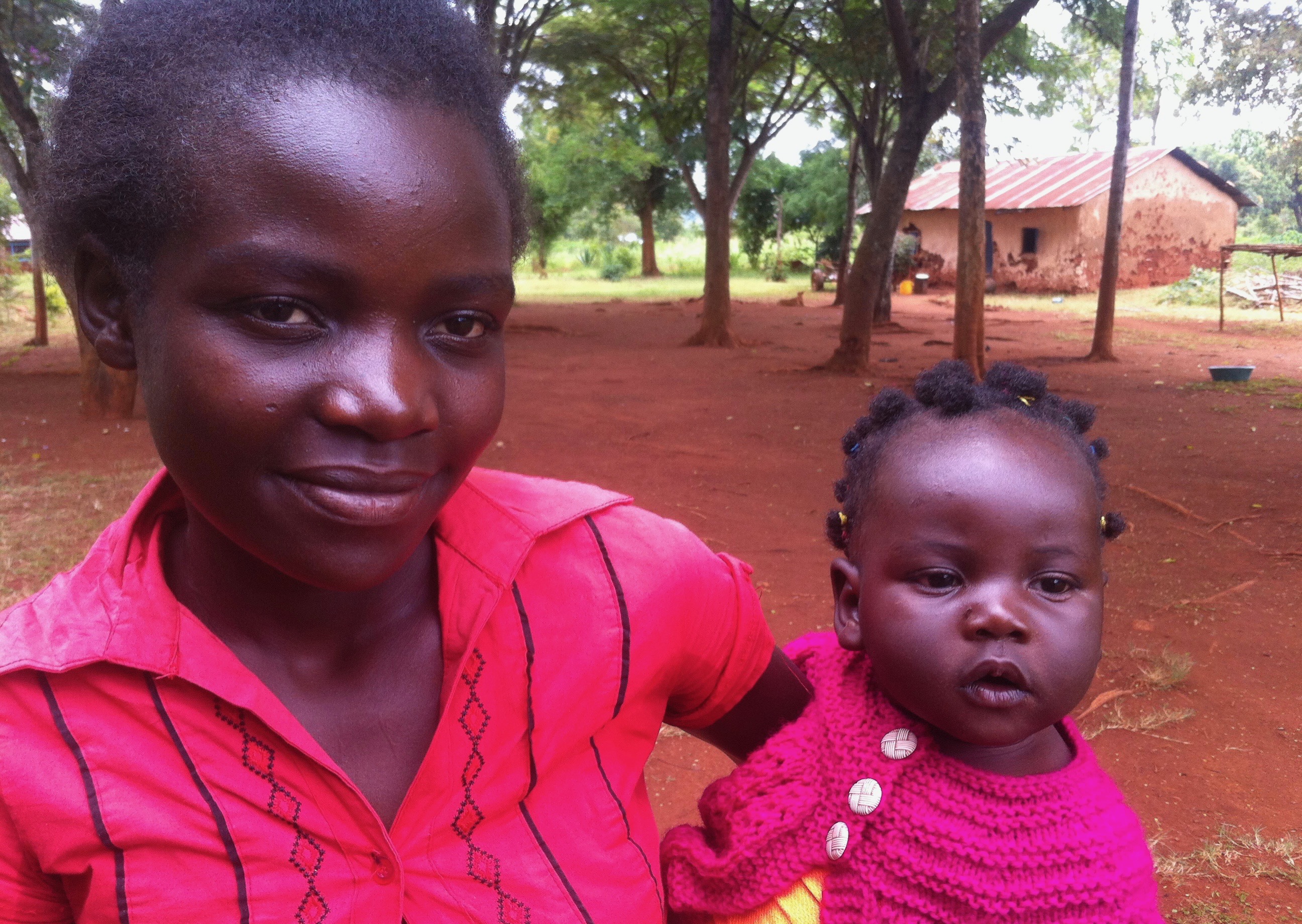Women’s place in society is different with each country or continent but one thing that is common to all and brings them together, is their fertility. However there is a vast difference between what happens to women in low income economies such as rural Kenya and high income economies like the UK. The poorer a society is the less power and ultimately the less choice women have.
Historically women in rural areas of Kenya gave birth to many children. This was due to high mortality rates (parents knew that many of their children weren’t going to live long), limited access to contraception and little education on family spacing. However with peer education by community health workers and organisations such as Marie Stopes International the message is beginning to be heard and have an impact. It is now not uncommon to hear women and men in Buburi say that if they plan their family then they will be able to afford to feed their children well and educate them.
Education and health are rightly seen as a way out of poverty and so the benefits of family spacing are numerous; it has been shown that when women have a 3-year gap between births then their babies are almost twice as likely to reach their first birthday. It means the mothers have the opportunity to regain their strength and make a contribution to their families and society.
There are many challenges facing women in Buburi but they are fortunate that the Buburi Health Clinic offers a comprehensive contraceptive service. The most popular methods are the injection that lasts 3 months and the implant that lasts 5 years. The community health workers are vital in visiting outlying communities and talking to families about the benefits and availability of contraception. The community has great trust in these workers and together they are helping families, and especially women, to make healthy choices that will have a positive impact on their and their family’s lives.
As Bill Gates says ‘contraceptives are one of the greatest lifesaving innovations in history’.

